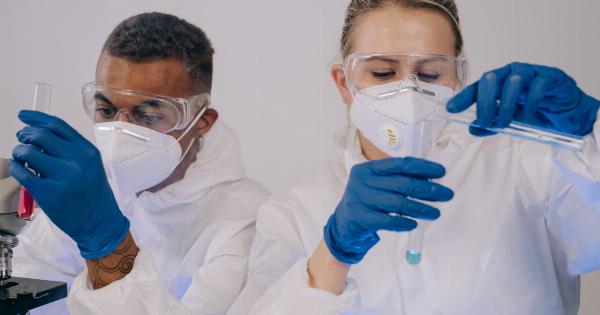Environmental toxins pose a significant threat to human health, particularly the developing fetal brain. The fetal brain is highly susceptible to the toxic effects of chemicals and pollutants that can disrupt neurodevelopment.
In this article, we will explore the impact of environmental toxins on fetal brain development, examining how exposure to toxins during pregnancy can lead to long-term neurodevelopmental issues.
What are Environmental Toxins?
Environmental toxins are substances that are harmful to human health and the environment. These substances can be found in air, water, soil, and food, and may include chemicals, metals, and biological agents.
Exposure to these toxins can occur through various means, including inhalation, ingestion, and skin contact.
Impact of Environmental Toxins on Fetal Brain Development
The developing fetal brain is highly sensitive to environmental toxins.
Exposure to toxins during pregnancy can interfere with critical processes such as cell proliferation, differentiation, and migration, leading to irreversible damage to the developing brain. Studies have shown that certain toxins, such as lead and mercury, can cross the placental barrier and accumulate in the fetal brain, leading to long-term cognitive and behavioral problems.
Lead Exposure and Fetal Brain Development
Lead is a potent neurotoxin that can have significant detrimental effects on fetal brain development. Prenatal exposure to lead can lead to reduced IQ, attention deficits, and behavioral problems.
The developing fetal brain is particularly vulnerable to lead exposure, and even low levels of exposure can have long-lasting effects on neurodevelopment.
Mercury Exposure and Fetal Brain Development
Mercury is another toxin that can have devastating effects on fetal brain development. Exposure to mercury during pregnancy can cause cognitive deficits, language delays, and behavioral problems.
The developing fetal brain is particularly vulnerable to the toxic effects of mercury, and even low levels of exposure can lead to long-term developmental issues.
Other Environmental Toxins and Fetal Brain Development
Other environmental toxins that have been shown to impact fetal brain development include polychlorinated biphenyls (PCBs), pesticides, and phthalates.
Exposure to these toxins during pregnancy can lead to long-term cognitive and behavioral problems, including increased risk of autism spectrum disorder.
Preventing Exposure to Environmental Toxins During Pregnancy
Pregnant women can take steps to reduce their exposure to environmental toxins, including avoiding certain foods, using non-toxic household cleaners, and minimizing exposure to air pollutants.
It is also important for healthcare providers to educate pregnant women about the risks associated with exposure to environmental toxins and provide resources for reducing exposure.
Conclusion
Environmental toxins pose a significant threat to fetal brain development.
Exposure to toxins during pregnancy can lead to long-lasting cognitive and behavioral problems, including increased risk of neurodevelopmental disorders such as autism spectrum disorder. Pregnant women can take steps to reduce their exposure to environmental toxins, but it is also important for policymakers to enact measures to reduce environmental toxin exposure for the general population.































